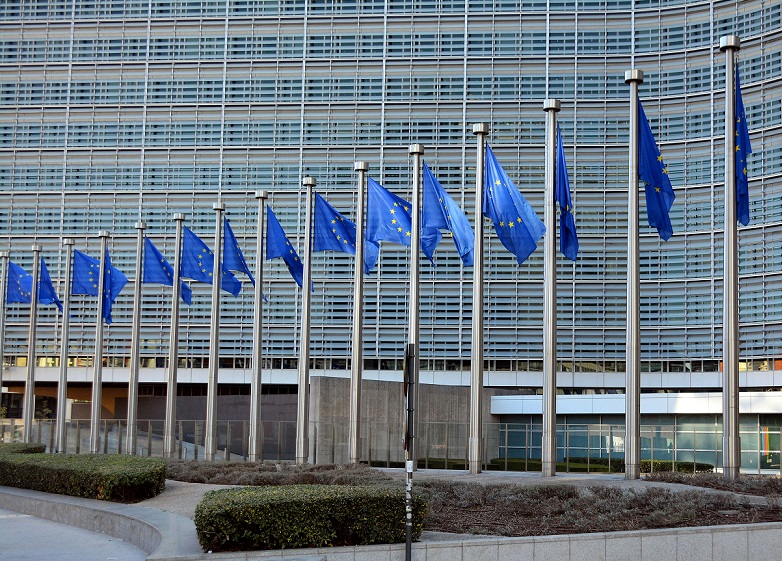
The Republic of Macedonia has continued to fully align with the EU’s common foreign and security policy, which testifies to its strategic choice, is the final conclusions for the country in the progress report prepared by the European Commission state.
The authorities have continued to work on the roadmaps for the rule of law, public administration reform and the functioning of democratic institutions, as well as the action plan for the protection of minorities, which should be finalized in an inclusive process, the conclusions state.
The document adds that further swift and decisive actions are needed regarding the benchmarks for the start of negotiations in accordance with the Negotiating Framework, in order for the First Cluster to be opened as soon as possible and when the set conditions are met.
The Republic of Macedonia should intensify its efforts to implement EU-related reforms, in particular under the “Fundamental Values” cluster, in particular to uphold the rule of law, in particular by protecting judicial independence and integrity, as well as strengthening the fight against corruption and organised crime. Corruption should be tackled without delay, including by strengthening enforcement and establishing a solid track record in the investigation, prosecution and final conviction of high-level cases, the conclusions state.
The European Commission also points out that the country has not taken “decisive steps” in the past year to progress in membership negotiations and has not yet adopted the constitutional amendments, including to include citizens living in them who are part of other peoples, such as Bulgarians, in the Constitution, in line with the conclusions of July 2022, which it committed to initiate.
Bilateral agreements with neighbouring countries, including the Prespa Agreement between Greece and the Republic of Macedonia and the Treaty of Friendship, Good Neighbourhood and Cooperation between Bulgaria and the Republic of Macedonia, require trust from all sides, the conclusions add.
In the general part of the conclusions, the European Commission points out that EU membership is a geostrategic investment in a strong, stable, secure and united Europe based on shared democratic values, and investing in enlargement is also in the strategic security interest of the EU.
Enlargement is and will remain a rigorous, fair and merit-based process, based on the objective progress made by each country involved in the enlargement. This requires determination to implement irreversible reforms in all areas of EU law, with a particular emphasis on the foundations of the enlargement process, the document says.
It states that candidate countries for membership should implement the necessary reforms, ensuring a lasting transformation of their economies, democratic systems and societies, which requires them to carry out transformative changes, build trust and secure inter-societal consensus.


 English
English